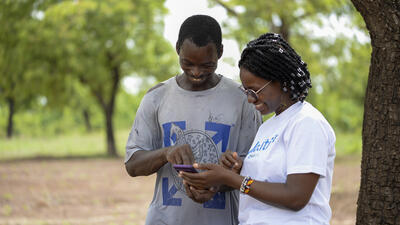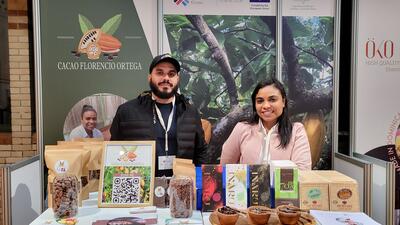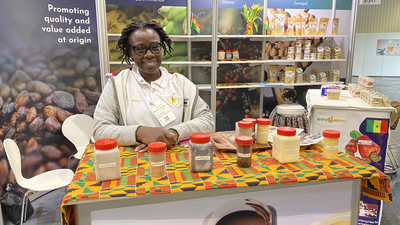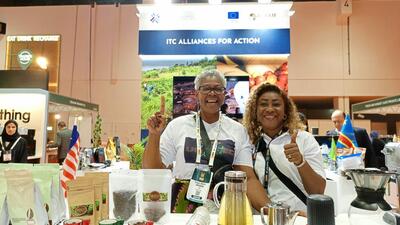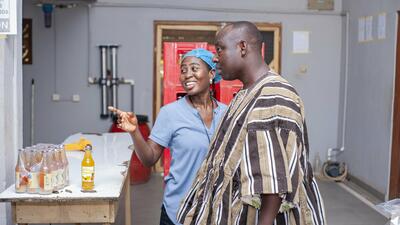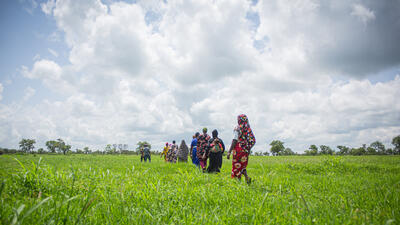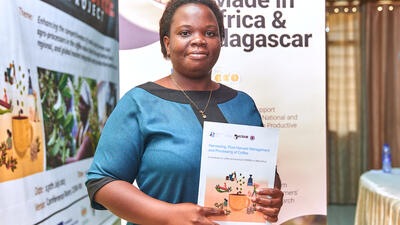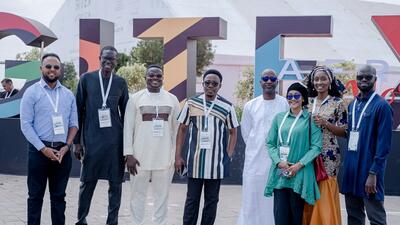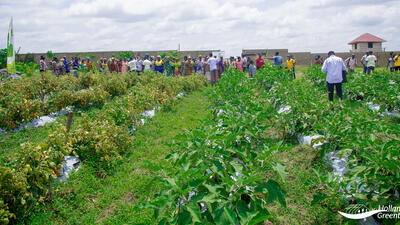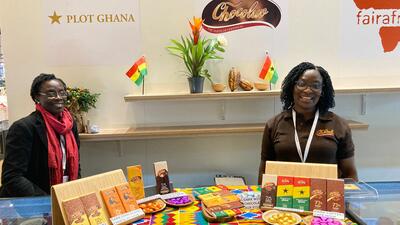

Wearing Africa with pride
WEAR Ghana aspires to be Africa’s most loved brand
WEAR Ghana is a women-led Ghanaian apparel company, whose story began in 2013 when two young women, Awura Abena Agyeman (AA) and Angorkor Nai-Kwade (KK), left their corporate jobs.
Although they did not have any formal training in apparel manufacturing, they were firm in their decision to pursue their entrepreneurial journey. “Entrepreneurship holds the key to transform Africa,” says Awura.
Today the company is run by a team of young professionals mostly under 30 years old, of which 90% are women. These women have diverse backgrounds – some did not finish school and some hold Master’s degrees from overseas universities. But they share a common purpose: celebrate African culture, inspire the next generation, and create opportunities for women.
Shifting the business model in a timely fashion
As a brand that started by making made-to-measure clothes, shifting to a ready-to-wear business model is a challenge. Not only did the company have to adapt its brand identity, it also needed to recalibrate their corporate culture and strategy.
“Ready-to-wear is the only way we could scale our business,” explains KK. They had been producing everything in-house, but they realized this model is not sustainable in the long run.
Both AA and KK believe that talent plays an important role in the success of every apparel manufacturing business.
“Building an apparel brand that can be the next global company requires professional experts to support and train our staff, advise us on how to expand the supply chain and how to develop sellable products. There are highly skilled producers behind high-quality product.”
The company took the opportunity to join a coaching programme on product design and development for apparel manufacturing companies offered by the Africa Fashion and Textile Accelerator Network (Africa FAN) project.
The Africa FAN trainings gave the co-founders and the team insight on how to develop products tailored to different segments and seasons, as well as fashion trend forecasting. “Forecasting is a great tool to build apparel stock that we can sell ahead of the season,” says AA.
WEAR Ghana's plan to focus on brand building and product development while outsourcing some of the production, has been reinforced since joining the project.
Growing communities across the African continent. Next: Go global
Although the business model is shifting, the goal stays the same.
“We are a community-built brand, and we intend to grow this community to include people from all parts of the world, people who feel aligned with our ‘why’,” says AA.
She wants her customers to talk about WEAR Ghana; be it in the street, at community events or in the social media space.
WEAR Ghana has also benefited from the Africa FAN’s coaching programme on branding and marketing to leverage their digital marketing channels. The training helped them explore different social media channels suitable for their needs. Whatsapp has proven to be very effective for sales.
Through the ITC training, they also learned the importance of streamlined visual brand identities, especially for applications such as Instagram. Encouraged by the coach, WEAR Ghana hired a social media manager who took their online presence to the next level. Combined with the other practical advice received through the coaching, WEAR Ghana’s Facebook page reach increased by 260%, while Instagram went up by 85% within a year.
While most customers are Ghanaian, the company hopes to reach out to customers in Africa and beyond. “We want to be Africa’s most loved brand. We want to have a presence across the continent, and cover Europe, the United Kingdom and the United States.”
About the project
African Fashion & Textile Accelerator Network (Africa FAN) is jointly implemented by the Deutsche Gesellschaft für Internationale Zusammenarbeit (GIZ) GmbH and the International Trade Centre Green to Compete initiative. The project aims to increase sourcing of sustainably produced textiles from emerging textile and apparel production hubs in Africa, thereby creating jobs for the region’s growing workforce.





